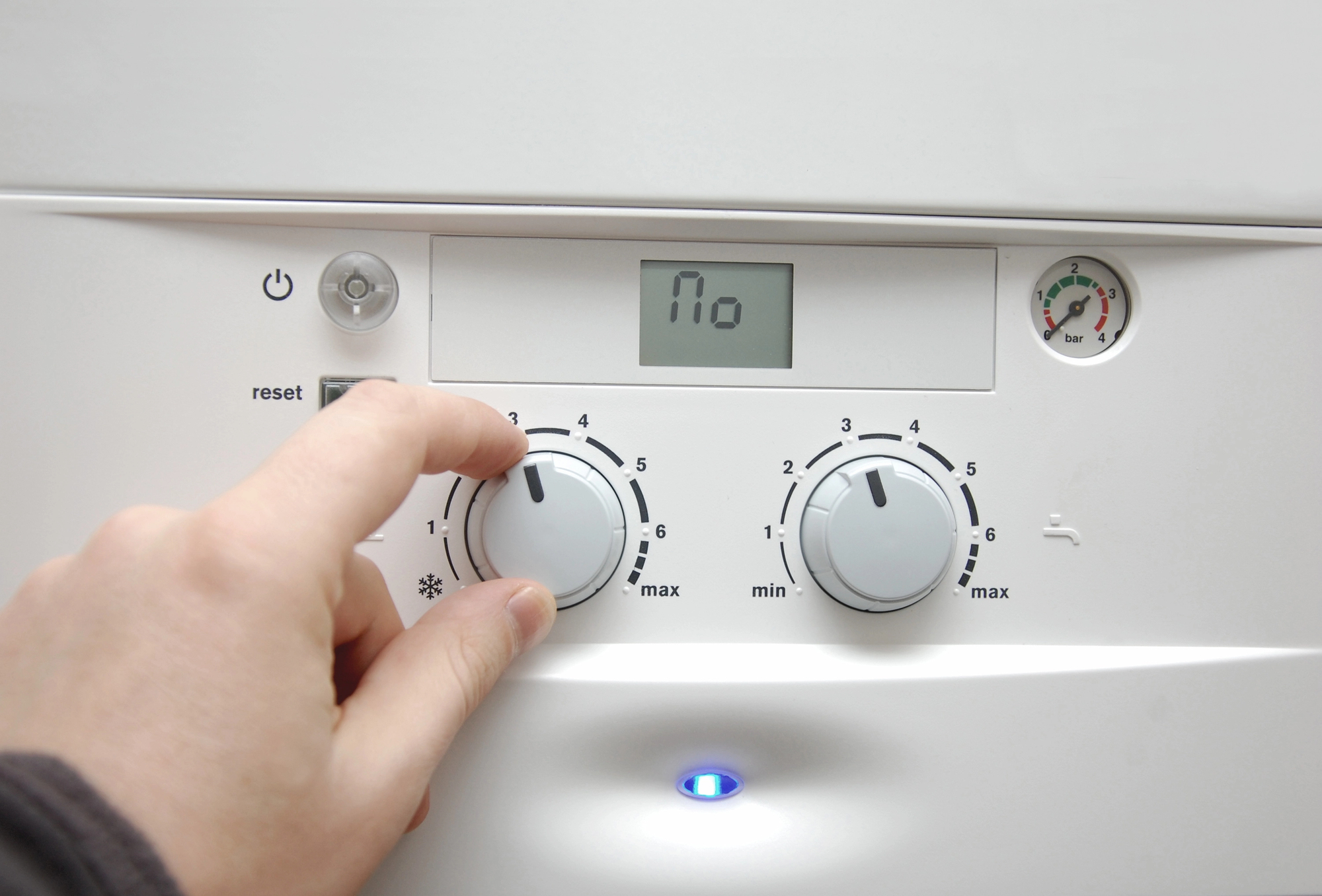Boiler pressure is a small detail that makes a big difference. Too low, and your heating won’t work properly. Too high, and you risk leaks or damage. If you’ve ever noticed your radiators going lukewarm or your pressure gauge dropping to zero, you’re not alone – it’s one of the most common boiler issues in London homes.
What Boiler Pressure Should Be
Most modern boilers are designed to run at 1–1.5 bar when the system is cold. The gauge, usually on the front of the boiler, shows whether it’s in the safe zone.
-
Below 1 bar: pressure too low, heating won’t circulate effectively.
-
Above 2.5 bar: pressure too high, risk of leaks or safety shutdowns.
Common Causes of Pressure Loss
-
Leaks in the System – Even a tiny drip from a radiator valve can slowly drain pressure.
-
Bled Radiators – Air released during bleeding lowers the system’s pressure.
-
Faulty Pressure Relief Valve – Designed to prevent excess pressure, but can sometimes stick open.
-
Expansion Vessel Issues – If this fails, the boiler can’t regulate pressure correctly.
How to Repressurise a Boiler
Most combi boilers have a filling loop – a small braided hose with valves – that lets you top up the system.
-
Turn the boiler off and allow it to cool.
-
Open both valves slowly.
-
Watch the gauge rise to around 1.5 bar.
-
Close the valves tightly.
When to Call an Engineer
If pressure keeps dropping, topping up won’t solve the underlying issue. A Gas Safe engineer can:
-
Trace leaks.
-
Replace faulty valves.
-
Recharge or replace the expansion vessel.
Low pressure is common but not to be ignored. Regularly check your gauge, top up when needed, and call for help if the problem persists.
